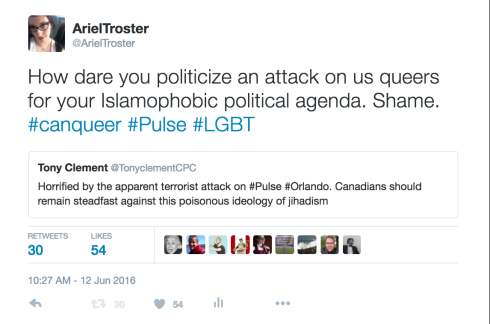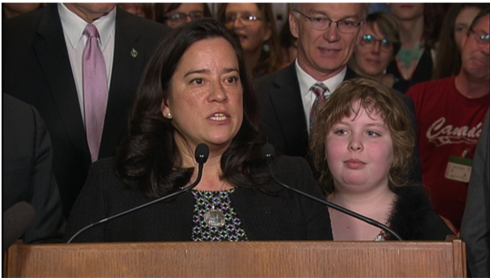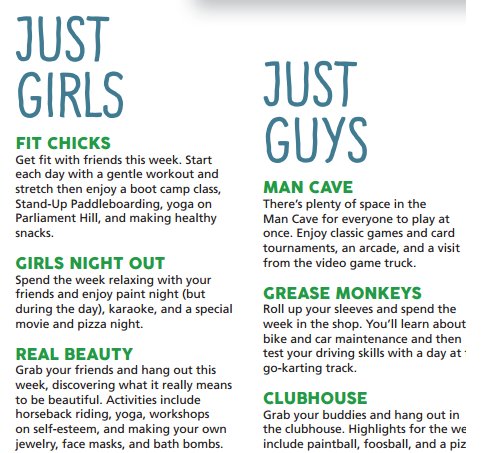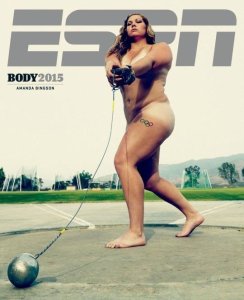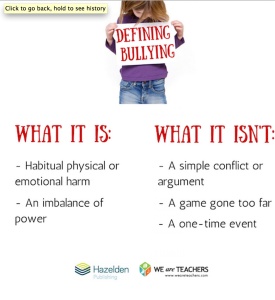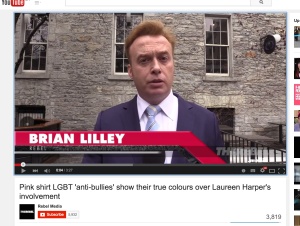Our daughter started public school this month. A veteran of full-time daycare since she was a baby, the transition has been relatively gentle. The biggest change has been having to pack her lunch every day — a task that I soon realized is not free from political controversy and authoritative judgment.

Kiddo’s first school lunch
Food shame
I grew up in a Jewish home with a father who cooked healthy and inventive from-scratch meals. I soon developed a sophisticated palette and the willingness to taste anything. But my lunches were very typical of the 1980s. And they would be the subject of shame if I packed the same items in my kid’s lunch bag.
To be fair, my kid’s school is fairly laid back when it comes to lunch rules. Nuts are banned due to allergies and juice “is discouraged.” So far, I have not been sanctioned for any of the food that I have sent for kiddo to eat. But I recently started a thread on a feminist parenting board about lunch rules and was shocked by what I heard.
Under the guise of “preventing obesity” or “promoting healthy food,” parents and kids are being surveilled and shamed for packing “unhealthy” food. And it’s unacceptable.
Here are some of the stories I have been hearing:

Food dutifully separated to meet the child’s demands
- Children being forced to eat their lunches in a specific order.
- Kids being seated at a separate, “special” table if the teacher deems their lunch to be “healthy.”
- Children having their lunches confiscated from them and replaced with a school-approved bagged lunch (without the parents’ permission).
- Long lists of “rules” that parents must obey when packing lunches, including no juice, no pudding, no chocolate (even chocolate chips in a muffin), nothing “with sugar.”
- No gluten in one school (seriously), because some kids have intolerances (not allergies, intolerances).
- Teachers telling kids that the food in their lunch box is “bad” or unhealthy, and those kids quickly becoming anxious about whether their lunch would pass the test at school.
Obesity panic
I have long worried that the obsession with “childhood obesity” would lead to fat-shaming of young children. Just today, an article came across my feed about feared obesity in toddlers. BABIES. And yes, even a baby was subjected to the dehumanizing “headless fatty” photo.
This shit has got to stop. If schools want to encourage healthy eating, they can start a breakfast program or offer baskets of fruit and vegetables for kids who need them (our school does this). Encouraging physical activity and teaching about nutrition can be done without shaming parents and kids. So much of this is pure classism.
And can we talk about the juice panic for a moment? I get it. Eating fruit is better than drinking juice. Water is best. But when this Toronto school banned juice boxes, it went too far.
My friend Andy Inkster is a single father and had this to say about juice hysteria:
Juice boxes are so totally completely about class. If you’re broke/poor and a pack of 10 juice boxes costs $3 on sale and will last two weeks because it’s easier to say “Hey, these are for school” and they’re shelf stable, so you can hide them if you need to, or freeze them, and of you buy a 2 litre of juice, it’s heavier to carry home, and besides, the kids will drink it all tonight. That reusable juice box thing with the straw costs $2 at the dollar store but you didn’t have time to go there this week, and probably not until after next week. Besides, you bought one last week but junior lost it and it was only used twice, so that didn’t save you any money, really.
If you buy two of those ten packs on sale, that’s juice for lunch for kid for a month. And juice itself is about class. Because the more privileged kids parents can say “Hey, here’s your $15 metal water bottle, drink tap water, it’s good for you, juice will rot your teeth.
But as a poor parent, you know juice has vitamins and that’s important, right? And besides, you don’t buy apples because sometimes they go bad before anyone eats them and at least this way the kids won’t die of scurvy. And it shows you’re a good parent and care about nutrition and you’re not so poor you can’t afford to feed your kids right.
Besides, it’s faster to shove a juice box in the lunch box, and when you’re trying to get your kids out the door and off to school on your own before running back a 10 minute walk the other way to catch the bus to work, that two minutes finding the juice bottle and refilling it is time you don’t have.
We talk with our daughter about the importance of “growing foods” and insist that she eat at least one serving of vegetables a day. But we do not assign “good” or “bad” judgment to specific food items. We do not use the words “calories” or “diets.”
When kiddo begged me to include a few heart-shaped ginger cookies in her lunch yesterday, I did. Because food is about so much more than nutrition. Learning to eat well is also about learning how to enjoy treats.
And if any teacher tries to tell me that I cannot give my kid a cookie, they can kiss my fat ass.
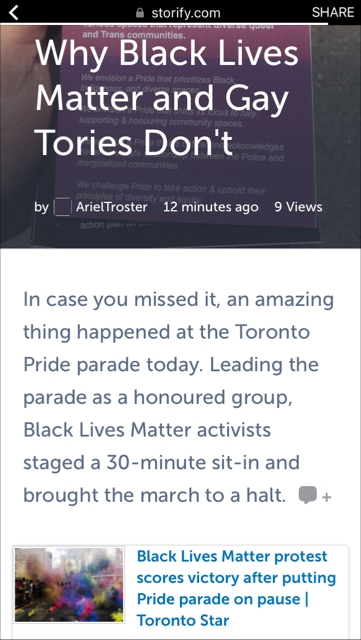
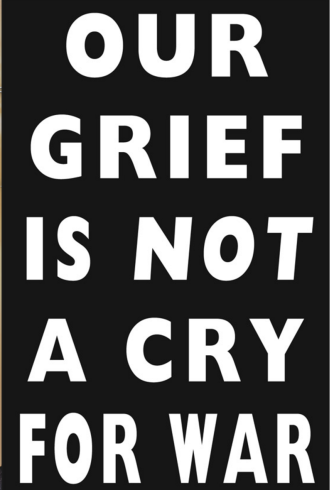 In between museum visits and snuggle time with kiddo, I have spent today glued to my social media feeds, watching the horror of the
In between museum visits and snuggle time with kiddo, I have spent today glued to my social media feeds, watching the horror of the 